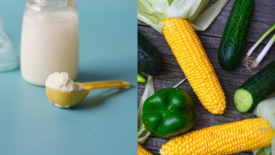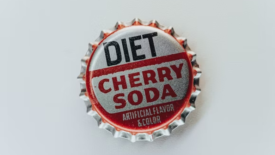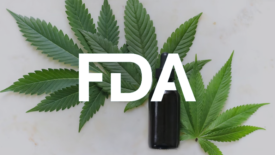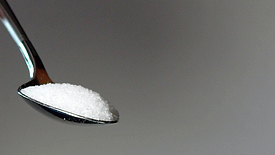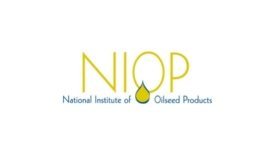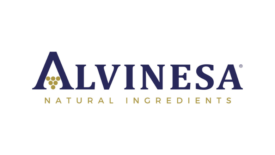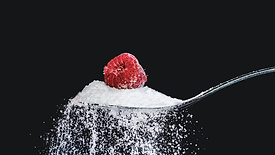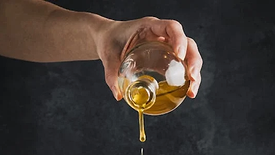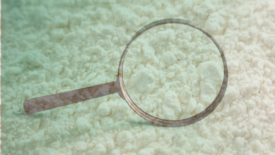Ingredients
WHO Confirms Aspartame as Possible Carcinogen, but Acceptable Daily Intake Remains Unchanged
However, FDA and industry groups disagree with WHO's determination.
July 14, 2023
Never miss the latest news and trends driving the food safety industry
eNewsletter | Website | eMagazine
JOIN TODAY!Copyright ©2025. All Rights Reserved BNP Media.
Design, CMS, Hosting & Web Development :: ePublishing
